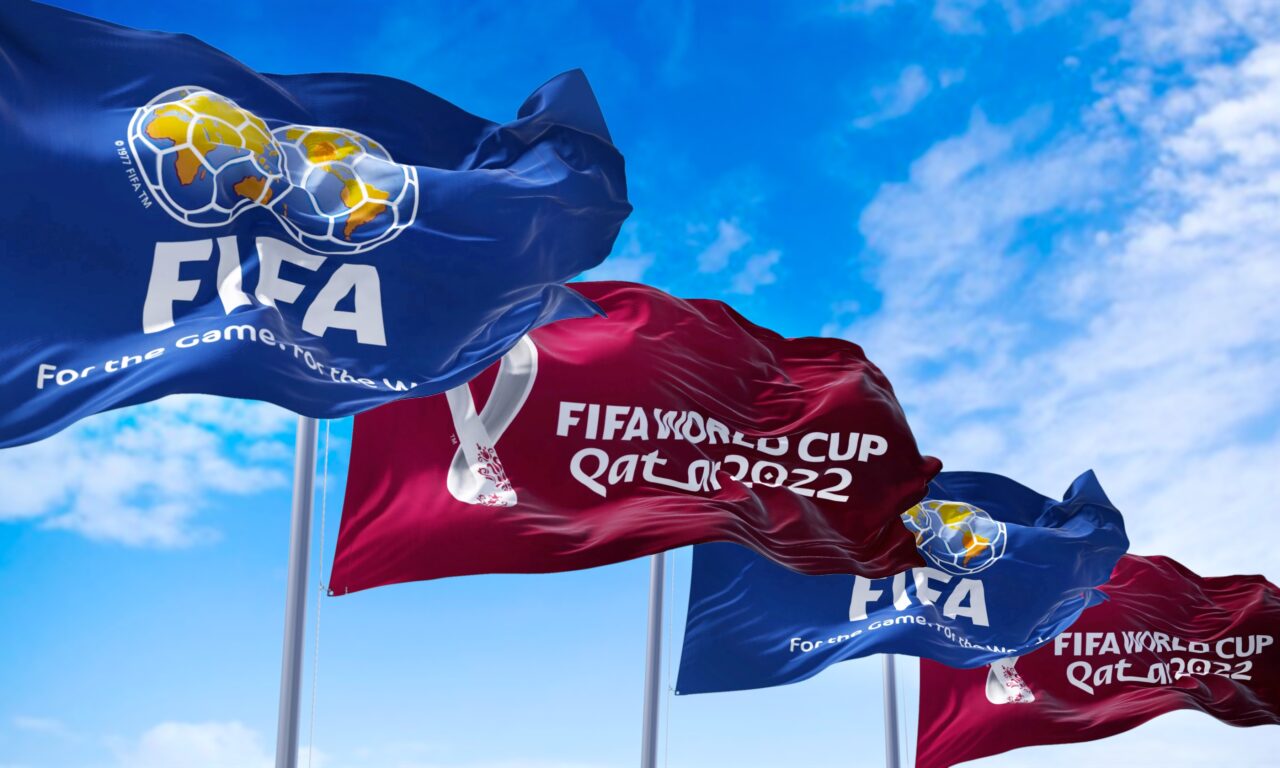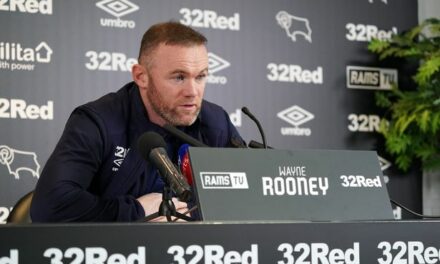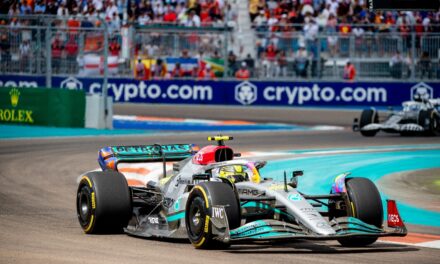Why World Cup Sponsors Budweiser, McDonald’s and Coca-Cola stand to lose more than most in Qatar

The FIFA World Cup Qatar 2022 is almost upon us, but for World Cup sponsors, the tournament has proved to be a morality minefield riddled with controversy and risk. For some, however, the risk of harming their brand is more significant than others; here’s why.
As a sponsor, imagine for a moment the individual you have chosen to partner your brand with begins regularly tweeting homophobic statements. What do you suppose your response might be? I would suggest it might go something like this: ‘Our company does not tolerate homophobia and any other sort of hate speech. The recent comments and actions made by the individual we sponsored have been unacceptable, hateful and dangerous, and they violate the company’s values of diversity and inclusion, mutual respect and fairness.’
The above is not hypothetical but, instead, a recent statement from Adidas, except the words antisemitic have been swapped for homophobic, and the sponsored individual was Kanye West. According to Forbes, this decision cost the company $650m. The Adidas Corporate Execs, however, calculated the sum was negligible when compared to the long-term costs of harming their brand reputation through continued association with Kanye. For World Cup sponsors, the same numbers have been crunched, but a very different conclusion has been reached.
Few events can match the FIFA World Cup in terms of brand awareness. The opportunity to reach approximately 5 billion people worldwide with a single marketing investment comes only once every four years. However, the Qatar World Cup comes with baggage. The build-up to the tournament has been dominated by negative headlines regarding the country’s human rights record and stance on homosexuality.
All of FIFA’s World Cup sponsors have decided to take a hit to their brand reputation to benefit from increased awareness. However, the hit is going to hurt some more than others.
Take World Cup Sponsor Hisense, for example. The brand strives for a more diverse and inclusive corporate culture. There is no attempt by the marketing and communications team at Hisense to sell more fridge freezers by appealing to a minority group. The same is true of Crypto.com, VIVO and other World Cup sponsors.
However, this is not the case when it comes to Budweiser, McDonald’s and Coca-Cola. All these brands have sought to sell more beer, more hamburgers and more fizzy drinks by positioning themselves as a supporter of the LGBTQ community. For members of that community, their sponsorship of this tournament feels like a slap in the face and a punch in the gut.
Budweiser
In the case of Budweiser, the company as recently as May of this year announced a partnership with the National LGBT Chamber of Commerce. Budweiser also sought to appeal to the LGBTQ community by releasing a series of specially designed flags and merchandise to celebrate Pride in London.
Excited to reveal we are now proud sponsors of Pride in London! We are working closely with them and our charity partners to celebrate the diversity within the LGBT+ community and Fly the Flag for everyone at the #PrideJubilee
A taste of what's to come... pic.twitter.com/g1FYlXqJJk
— Budweiser UK (@BudweiserUK) May 31, 2019
McDonald's
McDonald’s has gone one step further. The brand created an entire campaign called ‘Livin’ My Truth’ to appeal to the LGBTQ community. In support of this, McDonald’s pays to sponsor multiple events targeting the community, including House of Pride, Out100 and Queerties.
We're committed to supporting and championing the LGBTQ+- community during Pride and beyond. I’m lovinit #livinmypride
— McDonald's (@McDonalds) February 3, 2022
Coca-Cola
For Coca-Cola, the situation is even worse. The company has a long history of supporting the gay community and has invested in multiple campaigns over decades. Of course, the irony is that these brands perhaps do more than most to further the goals of the gay community. Unfortunately, that only makes their abandonment of their morals and beliefs in pursuit of higher profits more evident to see. Brands that used the LGBTQ movement to sell more products now find themselves far more exposed to reputational damage resulting from their sponsorship of Qatar 2022. It's a classic case of you can't have your cake and eat it too but with millions of dollars at stake.
I don’t envy the marketing leaders of these World Cup Sponsors. There are many complex factors to consider, from business performance to reputational damage. Most will be watching nervously, praying that no unforeseen incidents occur during the tournament that might cause further reputational damage. One should hope that the comms teams of these sponsors have their hard lines well and truly drawn and their PR crisis response folder ready. Read our article What to do When Your Sponsorship Backfires.
While brands like Hummel and BrewDog have tried to take advantage of the negative sentiment held by many towards this World Cup, we can’t help but be left with a sense of disappointment for what could have been. What would have happened if one of these sponsors decided instead to double down on their commitment and withdraw their sponsorship? Would the resulting extensive coverage of such a statement have had a greater impact on the brand’s reputation and long-term value potential? In the words of McDonald’s diversity and inclusion commitment, be bold.
Read our complete report on FIFA World Cup 2022 sponsors.








